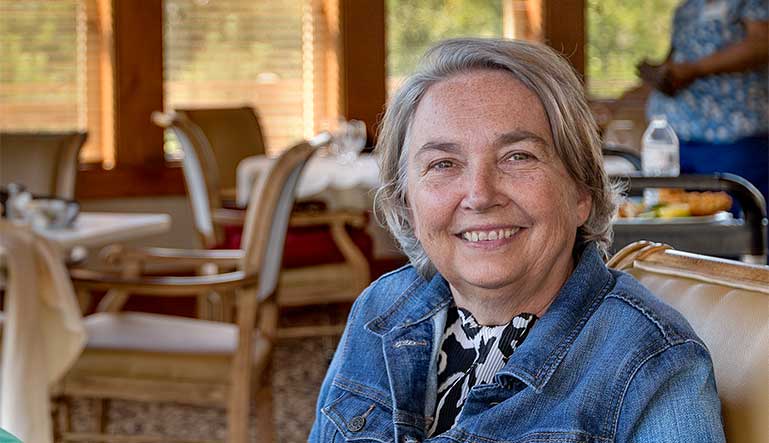As families grow and evolve, the question of how best to care for aging parents becomes increasingly important. One solution is seniors moving closer to family, sometimes even across the country. This move can provide numerous benefits, such as enhancing the quality of life for aging parents and giving family members peace of mind. Being nearby allows for more frequent visits, the ability to offer immediate help, and the emotional comfort that comes with proximity.
However, relocating and moving closer to family is a significant decision for all involved with its own unique set of challenges. Just Google “move my parent closer to me” and you’ll find plenty of articles listing all the reasons why you shouldn’t. The transition can be stressful, involving logistical, financial, and emotional considerations. Understanding the pros and cons of such a move is crucial for making an informed decision that best supports the well-being of both the seniors and their family members.
At Five Star Senior Living, we see ourselves as a trusted partner to the families we serve, and if moving Mom (or Dad) closer is something you’re pondering, we want to offer some advice.
What to Consider if you are Thinking about Moving a Parent Closer to Family
The Emotional Toll
Moving can be emotionally challenging, especially for seniors who may be leaving behind a familiar environment, life long friends, and social networks. Assess the potential for social isolation and think about how you will help them build new connections.
Family Dynamics
Reflect on how the move will affect family dynamics and responsibilities. Having a parent nearby can strengthen family bonds but may also add stress if not all family members are on the same page about caregiving roles. Open and honest communication with all family members, including adult siblings, is key to ensuring that everyone understands and agrees on the level of involvement and support expected.
Continuity of Care
Consider the potential disruption in continuity of care. If your parent or parents have been seeing the same doctors for years, a move might mean losing these established relationships and having to start over with new healthcare providers. If they were to move closer, ensure that your parent will have access to quality healthcare facilities and services designed for seniors. Research local hospitals, primary care physicians, and specialists to ensure they meet your parent’s needs now and in the future.
Living Arrangements
Evaluate the suitability and sustainability of potential new living arrangements. Whether your parent will be moving into your home, an apartment, or a senior living community, considerations around safety, accessibility, and care need to be made. Does your parent require help with errands and transportation, simple home modifications like a grab bar or a ramp, or do they need around the clock care? Where can their needs be met?
Financial Implications
Analyze the financial impact of the move. This includes the cost of selling a home, moving expenses, and any changes in living expenses. Factor in the cost of healthcare, potential home modifications, and any additional support services that might be needed. Investigate financial resources and benefits available in the new location, such as local senior programs, tax benefits, and subsidies that could assist with the transition. Programs can vary state-to-state, so it may be beneficial to do a side-by-side comparison before relocating.
Is a Senior Living Community the Solution?
Before making any decisions, be sure to include your parent or parents in the discussion. What do they want? If together you decide a move is worth making, consider a local senior living community.
A senior living community can be an excellent solution for moving an older parent closer, as it provides a balanced blend of independence, support, and social engagement tailored to their specific needs. Whether opting for an independent living community or an assisted living community, these environments are designed to offer safety, convenience, and a vibrant social life. Independent living communities provide a maintenance-free lifestyle with various amenities and activities, fostering an active and fulfilling life for seniors who are still relatively self-sufficient.
On the other hand, assisted living communities offer additional support with daily activities such as medication management ensuring that residents receive the care they need while maintaining as much independence as possible. Both types of communities also provide opportunities for social interaction and community involvement, which can significantly enhance a senior’s quality of life and sense of well-being, that is in addition to being closer to you of course!
Find a Five Star Senior Living community near you to learn more and to schedule a tour.
Contact Us Today
"*" indicates required fields

